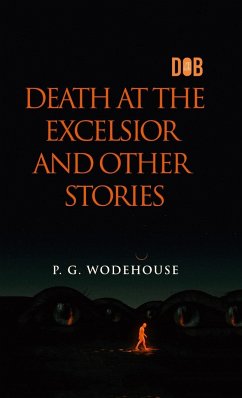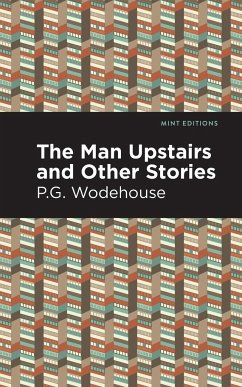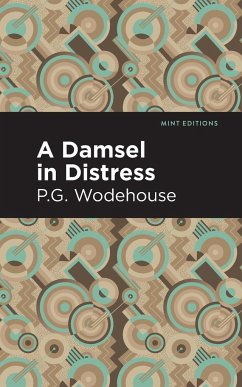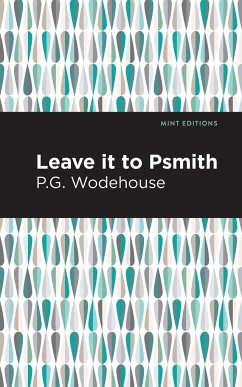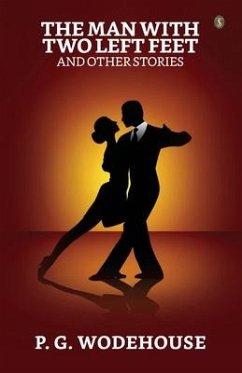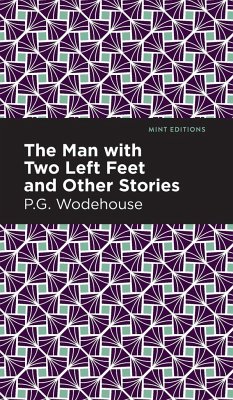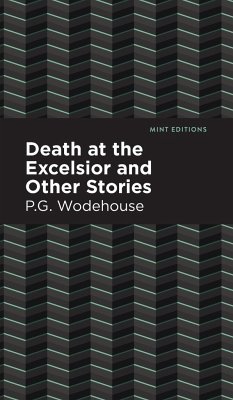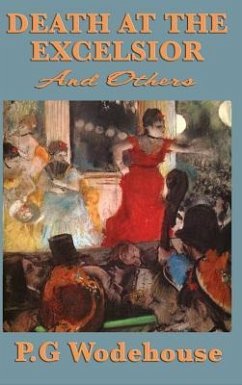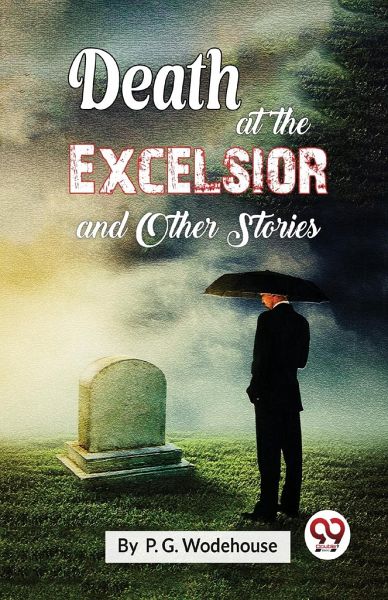
Death At The Excelsior and Other Stories
Versandkostenfrei!
Versandfertig in 1-2 Wochen
12,99 €
inkl. MwSt.
Weitere Ausgaben:

PAYBACK Punkte
6 °P sammeln!
P. G. Wodehouse wrote a short story titled "Death at the Excelsior". A group of visitors had gathered at the Excelsior Hotel for a weekend stay, where the narrative is set. Mr. Peter, one of the visitors, is found dead in his room, reportedly from a heart attack. The hotel manager, though, is skeptical and starts to look into it. As the manager questions the other visitors, he learns that Willard had a significant amount of money with him that has vanished. He starts to believe that Willard was killed, and with the aid of another visitor, he embarks on an investigation to find the killer. The ...
P. G. Wodehouse wrote a short story titled "Death at the Excelsior". A group of visitors had gathered at the Excelsior Hotel for a weekend stay, where the narrative is set. Mr. Peter, one of the visitors, is found dead in his room, reportedly from a heart attack. The hotel manager, though, is skeptical and starts to look into it. As the manager questions the other visitors, he learns that Willard had a significant amount of money with him that has vanished. He starts to believe that Willard was killed, and with the aid of another visitor, he embarks on an investigation to find the killer. The manager and his ally find a succession of evidence as the inquiry goes on that lead them to suspect numerous of the other visitors. In the end, the real offender is identified, and justice is done. The story is typical of Wodehouse's smart and amusing style, with intriguing characters and a clever plot. The narrative is lively and pleasant despite its rather gruesome subject matter, and it showcases Wodehouse's skills as a master of the short story form.





